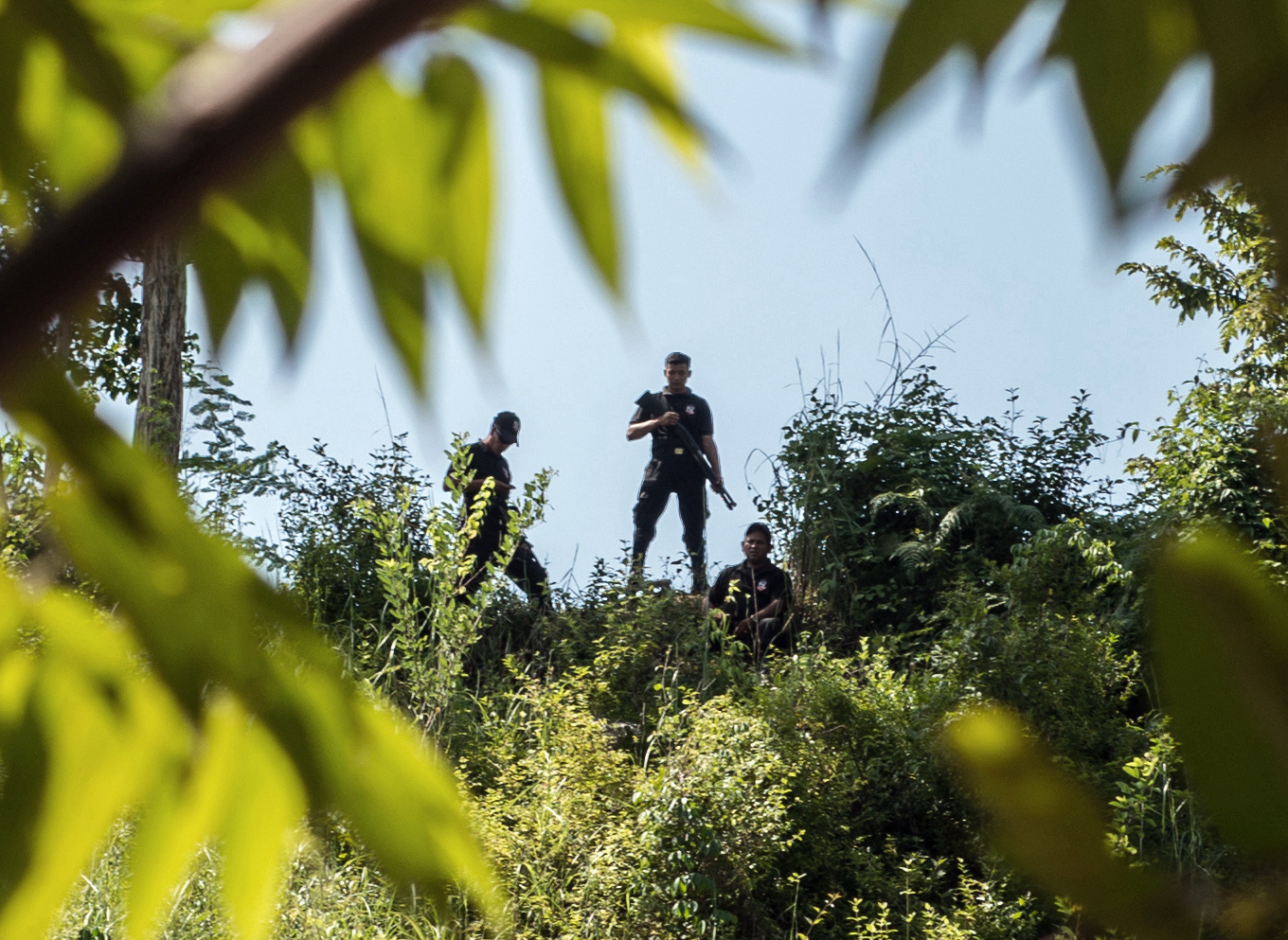
Everyone’s heard of the Nobel Prizes. But how many have heard of the Right Livelihood Award? Since 1980, the Right Livelihood has been given to people whose work the award’s founder believed to be overlooked by the Nobel Prize—namely efforts to spur positive social change for a more peaceful, sustainable world. (Indeed, the media sometimes refers to the prize as the “Alternative Nobel Prize.”) This year, two of the four individual or group honorees are environmental activists.
One is Phyllis Omido, a Kenyan activist the press have dubbed the “Erin Brockovich of East Africa”—she’s been fighting pollution since 2009 when she warned her then-employer, a firm that recycled car batteries, that its polluting battery-melting process could “end up killing people.” Her infant son wound up in the hospital with lead poisoning—potentially resulting from lead ingested via her breast milk. (Her son survived.) Others with connections to the plant also became sick. A decade later her protests led to a court case that awarded $12 million to the community for suffering lead poisoning.
The other green awardee is the youth-led environmental rights organization Mother Nature Cambodia. The group works with local communities to simultaneously protect their livelihoods and the natural environment. In 2015, they successfully stalled the construction of a hydro dam that threatened a nearby Indigenous community. They’ve also campaigned against exporting sand from a coastal estuary, which was destroying the local ecosystem.
Read more: Vanessa Nakate’s Climate-Activism Advice Column
But reading their bios, amid the great achievements are hints at how serious the risk is in doing such work. In 2012, Omido was detained with other activists and charged with inciting violence after organizing a protest. (The campaigners were ultimately acquitted due to lack of evidence.) In 2014, she was attacked by unidentified armed men outside her home; she went into hiding for months out of fear. Meanwhile, members of Mother Nature Cambodia are working under a government that continues to crack down on activists who have faced harassment, surveillance, and intimidation. Three members of the group—Thon Ratha, 31, Phuong Keo Reaksmey, 22, and Long Khunthea, 25—were convicted in 2021 for incitement to commit a felony. While their prison sentences were eventually suspended, they are barred from leaving the country for three years. They had requested permission to travel to Sweden next month to receive the award, but on Tuesday a court denied their request.
Around the world, standing up for the environment is a life-threatening proposition. According to Global Witness’s annual report released last month, at least 177 people were killed last year fighting for the planet. Latin America was the most dangerous place to be an environmental activist; more than a third of all deaths occurred in Colombia. Beyond that most lethal consequence, Global Witness notes that activists “are also being increasingly subject to criminalisation as a strategy for silencing those who speak out, with laws being weaponized against them.”
Despite these dangers, many people’s dedication to protecting nature has not waivered. And it’s difficult to imagine where the world might be without their resolve. A statement this week by Right Livelihood in response to the denial of the Cambodian activists’ travel request captures the bigger-picture sentiment well: “Their work serves as a powerful reminder of the connection between democracy, human rights, and environmental activism.”
A version of this story also appears in the Climate is Everything newsletter. To sign up, click here.
More Must-Reads from TIME
- Inside Elon Musk’s War on Washington
- Meet the 2025 Women of the Year
- The Harsh Truth About Disability Inclusion
- Why Do More Young Adults Have Cancer?
- Colman Domingo Leads With Radical Love
- How to Get Better at Doing Things Alone
- Cecily Strong on Goober the Clown
- Column: The Rise of America’s Broligarchy
Contact us at letters@time.com